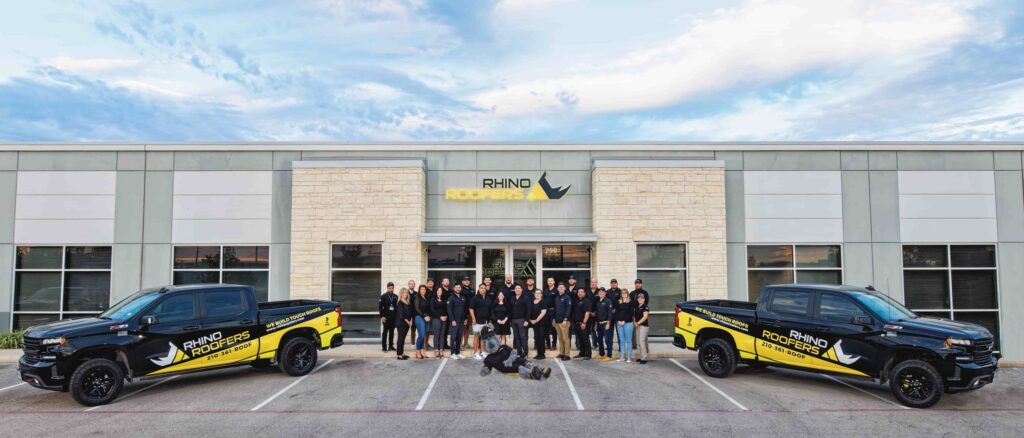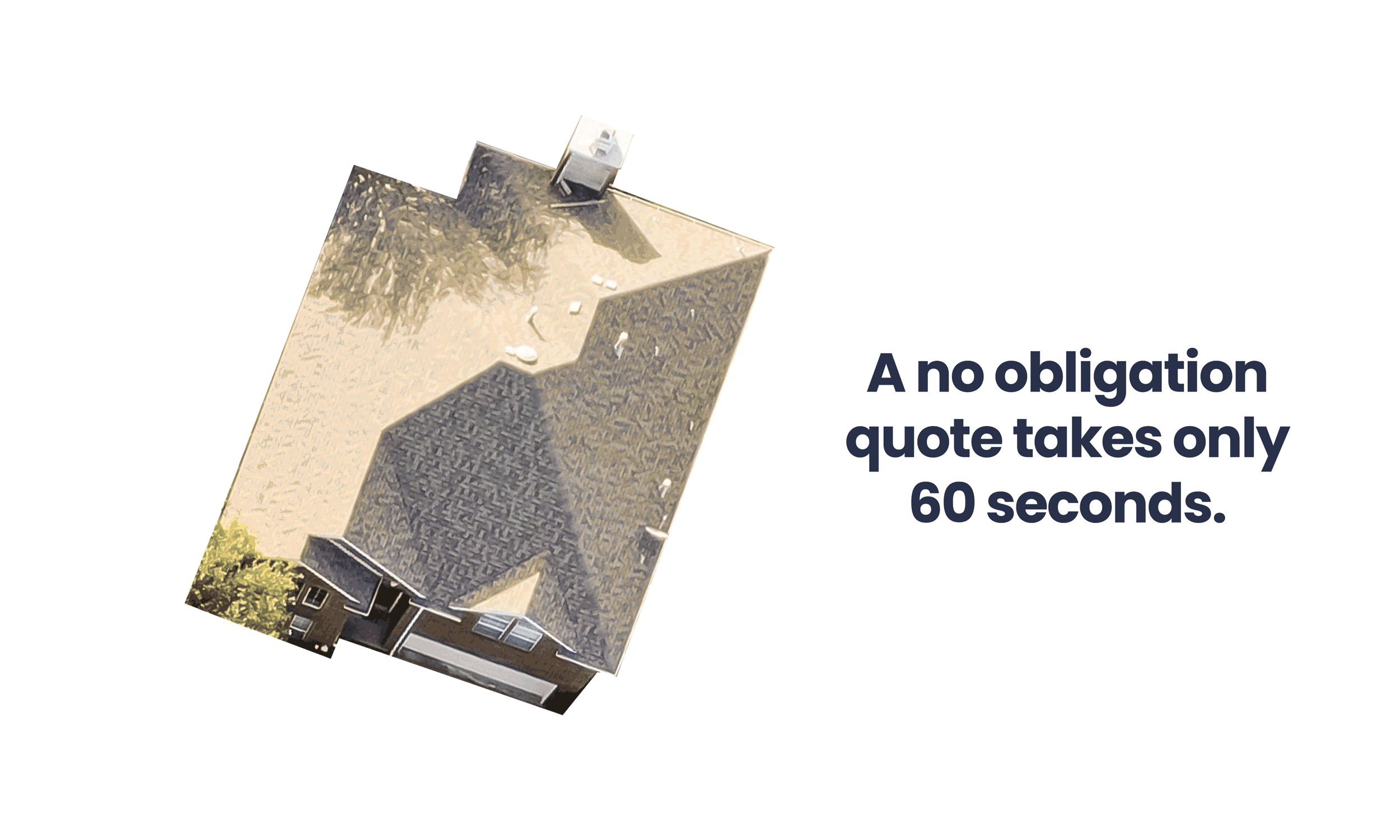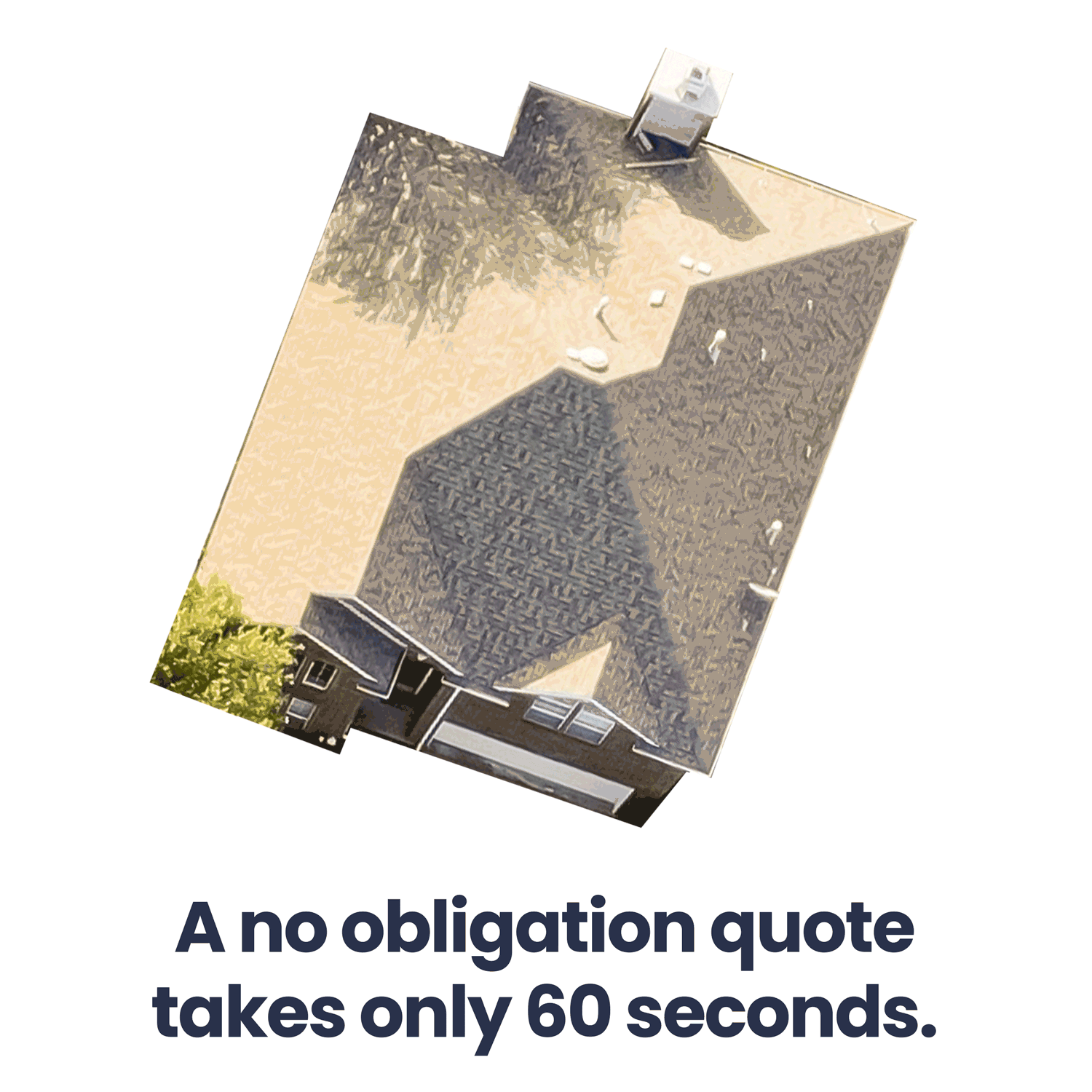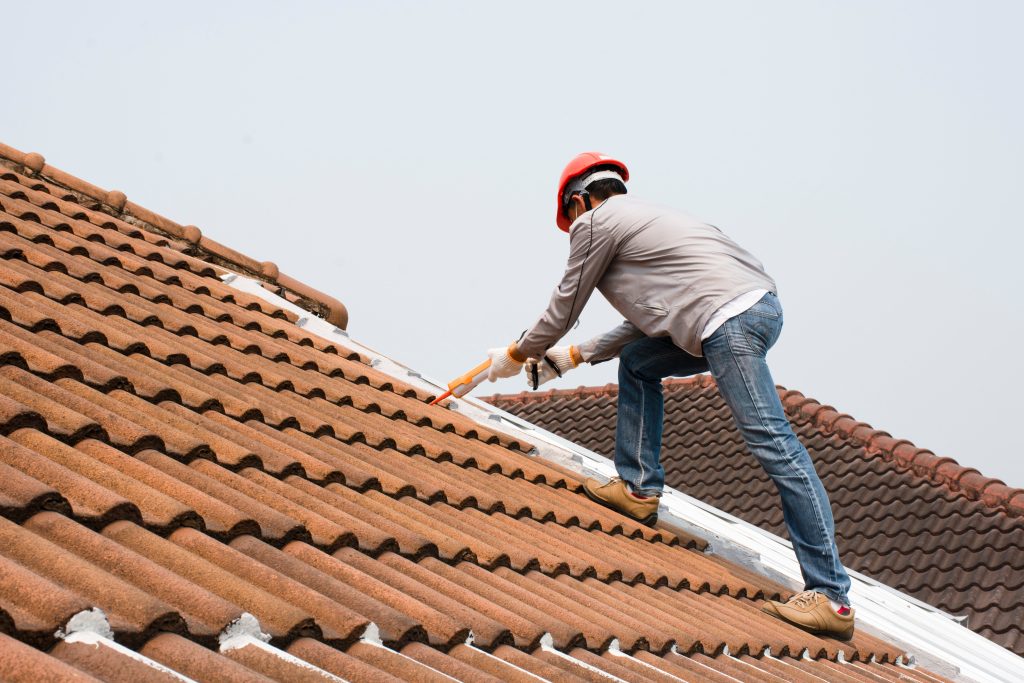Instant Roofing Quote
WE BUILD TOUGH ROOFS
- Highest Quality Materials
- Craftmanship With Attention-to-Detail
- Comprehensive Warranties Available
- Top Rated Roofer With Over 400 5-Star Reviews
WE BUILD TOUGH ROOFS
- Highest Quality Materials
- Craftmanship With Attention-to-Detail
- Comprehensive Warranties Available
- Top Rated Roofer With Over 400 5-Star Reviews
WE BUILD TOUGH ROOFS
- Highest Quality Materials
- Craftmanship With Attention-to-Detail
- Comprehensive Warranties Available
- Top Rated Roofer With Over 400 5-Star Reviews
Welcome to Rhino Roofers
If you’ve found us through Google, we know that you’re looking for a reliable and trustworthy roofing company. Look no further than Rhino Roofers! We specialize in all types of roofing services, from repairs to complete replacements. Our team is experienced in working with all kinds of roofing materials, including shingles, metal, and tile. We use only the highest quality materials, so you can be sure that your roof will last for years to come.

About us
Meet our team that consists of certified roofing professionals with a combined 150+ years roofing experience. We provide the highest quality services with an emphasis on customer experience that is second to none. While other roofing companies may say they have a focus on integrity and honesty, Rhino Roofers actually puts that into practice on a daily basis.
rhino roofers FAQs
The average roof will last anywhere between 15-30 years, depending on the type of material and how well it is maintained. Asphalt shingles are typically the most common residential roofing material and have an lifespan of 20 to 25 years. Clay tile roofs have a life expectancy of 40 to 50 years with proper maintenance. Metal roofs may last 40+ years, but age faster when exposed to sun or windy environments. Other factors that can reduce a roof’s life include inadequate attic ventilation or insulation; improper installation; hail damage; and animal damage from pets scratching at shingles or chewing away at the deck boards underneath them. To extend your rooftop’s longevity, it’s important to perform preventive maintenance such as regularly checking for any missing or damaged shingles, cleaning gutter guard systems if applicable, replacing cracked chimney flashings, rusted metal trim around skylights vents and gutters etc., eliminating standing water around drain pipes near downspouts which could cause excessive wear over time – all these tasks help you keep your home safe by avoiding costly repairs due in part by neglect. With regular inspection annually (or semi-annually if you are located in an area prone to severe weather) you can prolong its lifespan significantly!
This information about longevity of roofs was provided by Performance Roofing Systems!
When deciding whether to repair or replace a roof, there are several factors to consider. The age and condition of the existing roof will play a major role in the decision making process. Generally speaking, if your roof is more than 20 years old, it is usually better to replace rather than repair it as repairs may only be a temporary fix that won’t last long-term. A good rule of thumb is that any major damage such as holes caused by weathering or bucks from hail can significantly reduce the life expectancy of your existing roof system and therefore should be replaced.
This applies also when you have multiple layers of shingles on your home as having two roofs on top of each other increases moisture retention and reduces ventilation which can lead to accelerated aging and further damage down the road. Additionally, when assessing whether repair vs replacement makes more financial sense, it’s important to factor in costs associated with energy efficiency as well; newer roofs typically offer superior insulation capability resulting in lower heating and cooling bills over time which adds value to your property along with providing better overall climate control for those living inside the building itself.
All these factors must be taken into account when choosing between repair or replacement for an existing roof system but generally speaking if it’s older than 20 years then replacement is often times preferred due its longer lasting performance characteristics versus repairs that might not hold up against future weather conditions.
The time needed to install a new roof depends on several variables, such as the size and number of stories in your home, the type of roof being installed (asphalt shingles versus metal roofs), and any special features that may require additional work. On average, most asphalt shingle roofs can be completed in one day if there is only one story. If your house has two stories or a complex roof line with many angles, it might take two days or more depending on roof size. Metal roofs typically take longer to install than asphalt shingles due to their specialized materials and installation requirements; for example, it may involve cutting custom pieces for flashings and valleys.
In addition to the actual installation process itself – which usually takes 1-2 days – other related tasks are involved when replacing a roof like debris removal from attic spaces, re-decking/adding new plywood underlayment over an old existing layer of plywood sheathing, installing ice & water shield around eaves as well as along ridges located below base flashing locations. These are all factors that need to be taken into consideration when estimating how long it will take for you to have a completely installed new roof over your house.
For best results always consult with a reputable professional local roofer. They will assess the particular situation of your house’s current condition before giving you an accurate estimate of timeline expectations!
Special thanks to Dolphin Roofing for sharing this information with us!
Finding the best roofer near me isn’t necessarily easy, but if you do your research, you can ensure that the quality of work will be top-notch. Start by asking friends and family for recommendations. It’s also a good idea to check online ratings on sites like Yelp or Google for reviews from past customers. Additionally, make sure that any roofer you consider is professional and qualified. Ask them about their experience in the industry, any relevant certifications they may have, and what kind of warranties they offer. Finally, it’s always important to shop around so don’t settle on a single quote until you’ve toured several different options!
The frequency of roof inspections depends on a variety of factors, such as the age and condition of your roof, the type of roof covering material you have installed, and your local climate. Generally speaking, an annual inspection is advisable in most cases. However, some roofs may need more frequent or less frequent inspections – for instance if you’re experiencing weather damage or other problems. It’s best to consult a professional before determining your exact inspection schedule. A qualified professional will assess the age, condition and structure of your roofing system and advise accordingly. They can also inspect any ongoing repairs that might be necessary to maintain its long-term integrity and performance – ultimately saving you time, money and worry!
Thank you to Dynico Roofing for providing us this information!
Yes, residential roofing and commercial roofing are different. Commercial roofing generally requires more technical knowledge, engineering expertise, and specialized equipment to properly install due to the scale of the job and the level of complexity required. The materials used in commercial roofing can also be more expensive than those found in residential applications as they need to withstand harsher conditions for longer periods of time such as intense UV exposure or very high winds. Additionally, professional installation is a requirement when dealing with commercial roofing systems. This often includes certifications or qualifications that contractors must have in order to even bid on these jobs which adds another layer of the cost compared to residential jobs which can sometimes be completed by a homeowner’s own labor if they so choose.
Big thanks to Best Roofing Now for sharing with us the differences between commercial and residential roofing!








